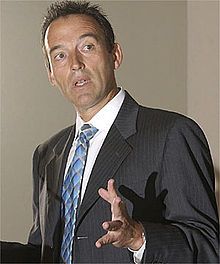 Andrew Little’s resignation as Leader at Labour’s caucus meeting on Tuesday morning (1 August) has shocked the political world. We can accept Little’s reason at face value. He cited opinion polls: Sunday’s One News Colmar Brunton poll, Monday’s Newshub Reid poll and Labour’s private polling. These polls showed Labour’s support down to 24 percent, below their 2014 general election result.
Andrew Little’s resignation as Leader at Labour’s caucus meeting on Tuesday morning (1 August) has shocked the political world. We can accept Little’s reason at face value. He cited opinion polls: Sunday’s One News Colmar Brunton poll, Monday’s Newshub Reid poll and Labour’s private polling. These polls showed Labour’s support down to 24 percent, below their 2014 general election result.
The ISO welcomes Little’s resignation. [Read more…]










